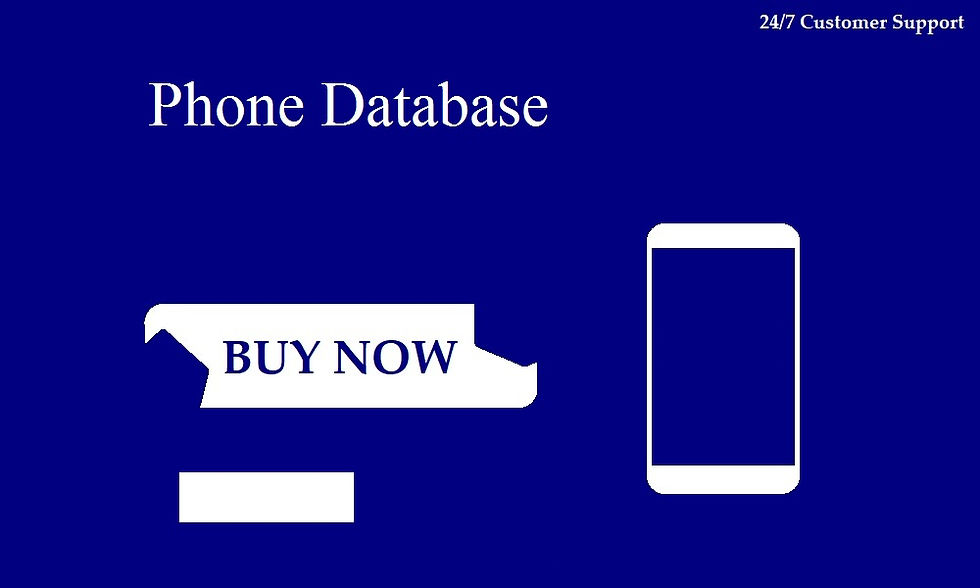Female" in the current ID card. This paper argues that there should be an operational framework for thinking about the dialectical discussion phone database of public issues and policies in a political community, especially when it comes to the formulation, modification, or deletion of legal norms. If we look at the mode of my country's judicial organs in the trial of specific cases, most judges of ordinary courts will make the two disputes and non-dispute matters in the case, and the later justices' interpretations and constitutional judgments will obviously follow the framework of unconstitutional review. Why so? If this is not the case, it will be difficult to focus on dialogue with different standpoints and viewpoints,
or they will hit the wall, or they will not be on the same level, or they will bloom, or they will both be too flat. , rushing to stand in the victim's seat. Based on this, this article attempts to propose a possible preliminary dialogue structure on the issue of exemption from surgery and certificate replacement as follows: Do you support the cancellation of gender fields and gender codes in my country's ID card in the future? What kind of gender connotation does the gender field and gender coding of the current ID card take? Is this gender connotation appropriate?
If it is not appropriate, what kind of gender connotation should be used for it? Which of the current laws and regulations in my country will be treated differently because of the classification of ID card fields and gender codes? Will the basic rights of transgender people be directly or indirectly violated because of not changing their identity cards? Is it possible to reduce or completely exclude the need for surgery-free replacement? For any person and any ethnic group, will the basic rights inherent in it be directly or indirectly violated? For anyone and any ethnic group,




